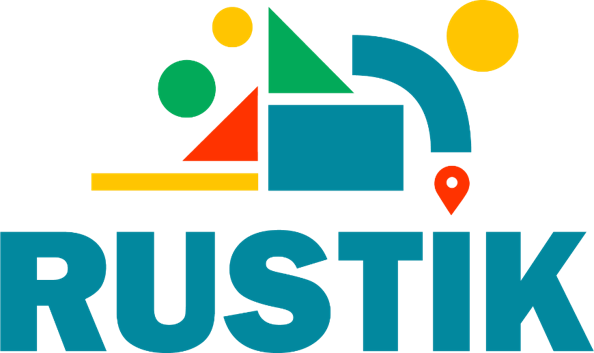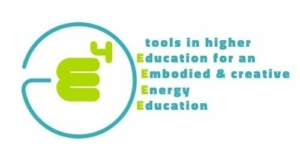Rural Sustainability Transitions through Integration of Knowledge for improved policy processes
Program and call for proposals
Horizon Europe, Research and Innovation Actions, Action “Resilient, inclusive, healthy and green rural, coastal and urban communities” call 2021
Active project
Brief description
RUSTIK is a transdisciplinary research project that aims to enable rural community actors and policy makers to design better strategies, initiatives and policies, to facilitate transitions towards rural sustainability through an advanced understanding of the diverse functionalities, characteristics and future of rural areas, their potentials and challenges. To prepare for the growing social and ecological challenges, the project includes an analysis of current adaptation requirements and support for effective rural policy-making processes.
InEuropa srl supports OI Pomodoro da Industria Nord Italia in management activities.
Objectives
The objectives of the project are:
- To provide a sound methodological framework for functional rural areas;
- To define databases that integrate data of different types and from different sources;
- To devise better strategies and governance approaches for policy makers and rural stakeholders;
- To develop better approaches for rural impact assessment and decentralized rural proofing.
Actions
Starting from the basic idea that practical solutions must be collaboratively created in real-world settings, the project’s main activities involve Living Labs in 14 European Pilot Regions in the 10 European countries involved. They are the main tool for collaboration with stakeholders, and serve as a platform for implementing, evaluating and understanding social and technical innovations in a real-world context.
These are the key elements of an action-oriented multi-actor approach to researching rural diversity and social transformation, used to bring stakeholders together to develop and test new ways to solve problems in their regions.
All project activities are supported by a comprehensive communication and dissemination strategy to maximize the impact of RUSTIK.
Results
The main results of the project are:
- The implementation of 14 databases at the regional level and 1 RUSTIK information system at the European level.
- To improve the knowledge and capacity of stakeholders by disseminating innovative methods of data collection and analysis to ensure understanding of the diversity and dynamics of rural areas.
- To devise innovative methods and processes for designing and evaluating policies and strategies, e.g., a standardized model for decentralized rural proofing, approaches for designing interventions, improving the policy governance framework.
Lead partner
Institute for Rural Development Research (DE)
Partnership
- Council for Agricultural Research and Analysis of Agricultural Economics – IT
- MCRIT – Multicriteria Planning – ES
- University of Gloucestershire – UK
- University of Eastern Finland – FI
- Federal Institute of Agricultural Economics, Rural and Mountain Research – AT
- Galician Enterprise-University Foundation – ES
- Euromontana – FR
- University of Ljubljana – SI
- Faculty of Agriculture- University of Belgrade – RS
- Institute of Geography and Spatial Organization Polish Academy of Sciences – PL
- European Leader Association for Rural Development – BE
- Sofia University St. Kliment Ohridski – BG
- GAL MontagnAppennino- IT
- Regional Development Agency Eastern Serbia – RS
- Allium, Employment Centre, Zoo Soc. Ent. – SI
- Association of the city of Troyan, Apriltsi and Ougarchin – BG
- OI Pomodoro da Industria Nord Italia – IT
- Regional Council of North Karelia – FI
- University of Santiago de Compostela – ES
- Rhein-Hunsrück Regional Economic Council – DE
- Spittal-Millstättersee-Lieser-Malta-Nockberge Regional Association – AT
- Foundation for the Development of Polish Agriculture – PL
- Jan Kochanowski University of Kielce – PL
- Decentralized Municipal Entity of Sant Miquel de Balenyà – ES
- Galician Agency for Rural Development – ES
- University of Strathclyde – UK
- Gloucestershire Rural Community Council – UK
- MapitaOy – FI
- Monmouthshire County Council – UK
- Ersilia Foundation – ES
Duration
The project has a duration of 48 months (September 1, 2022 – August 31, 2026)
Total budget
The total budget is €5,886,818.88, 100% subsidized by the EC. It is supplemented by a Research and Innovation fund earmarked for the participation of United Kingdom entities amounting to €1,099,629.70
Funding body
European Commission – EuropeanResearch Executive Agency


